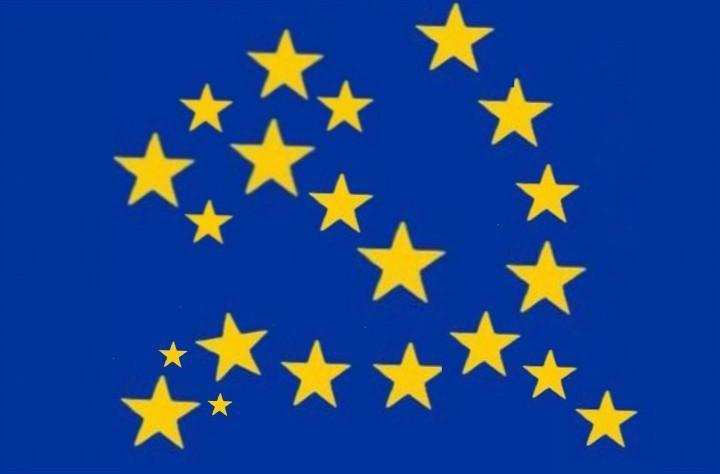European Union adopted copyright directive
 In Europe, the reform of legislation on copyright and related rights continues. September 12, 2018 European Parliament adopted copyright directive Copyright in the Digital Single Market - a controversial piece of legislation designed to bring legislation into line with the digital age.
In Europe, the reform of legislation on copyright and related rights continues. September 12, 2018 European Parliament adopted copyright directive Copyright in the Digital Single Market - a controversial piece of legislation designed to bring legislation into line with the digital age.Three months ago, the parliament rejected this bill, mainly because of the criticism of two key provisions: articles 11 and 13, which were called “reference tax” and “loading filter”. Amendments were made, the legislation somewhat softened to the violators - and now an updated version of the directive with amendments has been approved: see the text of the amendments to the original document .
The result of the final vote : 438 for, 226 against, 39 abstained. The final vote is scheduled for January 29, 2019, after which individual EU countries can decide how they want to apply the provisions of the adopted law.
')
Freedom of information activists believe it’s too early to give up. The fight is not over yet.
Position of legislators
What is the essence of the conflict? As planned by the legislators, the new directive should “improve the protection of small businesses and freedom of opinion,” and technology giants should share their income with authors, creative people: artists, musicians, performers, journalists, etc. The idea is that publishers and journalists get pay for your work if it is used by giants like YouTube or Facebook.
After the vote, a representative of the European Parliament Axel Voss said : “I am very pleased that, despite the very strong lobbying campaign of the Internet giants, nowadays, the majority support the need to protect the principle of fair pay for creative people in Europe. There were many heated debates around this directive, and I believe that the parliament listened carefully to the issues raised. Thus, we solved the problems associated with innovation, eliminating small, micro-platforms and aggregators from the scope of application. I am convinced that as soon as the dust settles, the Internet will remain as free as it is today, the authors and journalists will receive a fairer share of the income from their works, and everyone will just wonder why there was so much fuss. ”
The directive tightens measures to bring online platforms to liability for copyright infringement. This also applies to large sites that display only fragments of the author's text. In practice, this means that the site must pay the copyright holder for the use of materials protected by copyright. The directive specifically requires that not only publishers but also journalists themselves receive remuneration.
The new directive is adopted in favor of authors, small companies and startups, but hits on large corporations. The new edition of a small business is exempt from the directive. Wikipedia and open source software platforms like GitHub are automatically excluded from directive provisions. The directive applies only to large corporations that are now extracting billions in profits, free of charge using foreign authors' works.
In addition, the amendments introduce provisions ensuring the observance of the law without an unfair infringement of freedom of expression, so that a simple exchange of hyperlinks to articles along with “separate words” for their description is free from copyright restrictions.
Criticism of the directive
According to freedom of information activists, the consequences of adopting the directive are not as cloudless as it seems to deputies.
Article 11 (link tax) allows publishers and newspapers to demand money from companies like Google, which cite their works. Critics say that attempts to tax aggregators like Google News were made more than once - and almost always failed. This article seems to have been specially created for use by copyright trolls (by analogy with “patent trolls”).
Article 13 (download filter) requires platforms like YouTube and Facebook to block reposts of copyrighted material. This is even worse: the platform should work closely with the rights holders and implement some kind of filtering mechanism so that users do not download copyrighted content. The only way to do this is to scan all data uploaded to YouTube and Facebook. This can be used as a mechanism for broad censorship. Therefore, such authoritative figures as Jimmy Wales and Tim Berners-Lee, strongly opposed the directive. An open letter of the Foundation for Electronic Frontiers against Article 13 was signed by dozens of prominent Internet figures, programmers, lawyers and deputies of the European Parliament.
Source: https://habr.com/ru/post/423265/
All Articles